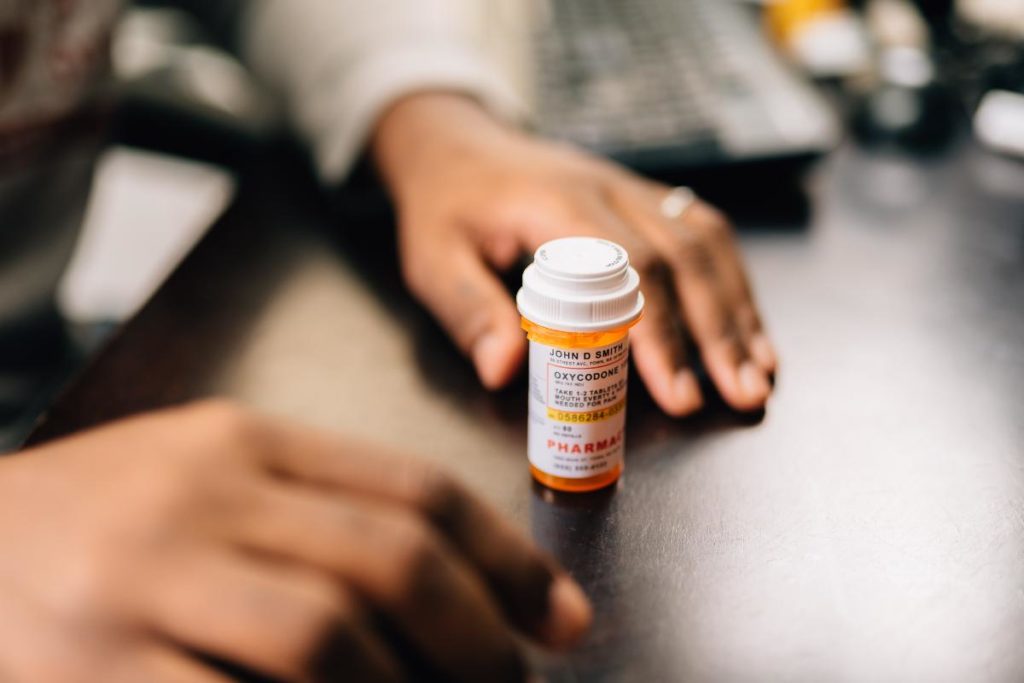Taken in recommended amounts, medication can help you recover from many health conditions. However, overuse of prescription drugs can have the opposite effect. It can also expose you to serious problems with diagnosable addiction or prescription drug abuse. How can you tell if medication overuse has created a need for a prescription drug treatment program? The best way is to seek advice from a doctor or addiction specialist. In addition, you can look for common changes that may point to the presence of a problem.
What Defines Abuse of Prescription Drugs?
Before discussing the abuse of prescription drugs, it’s essential to understand what this term means. It’s also important to understand the context of its use. Why? There are two ways to define prescription drug abuse. Depending on the situation, it can refer to either:
- A current pattern of medication misuse
- The diagnosable effects of such a pattern on your health and well-being
Medication misuse is a common issue in communities throughout the U.S. It happens when you do anything that strays from the guidelines of use provided by your doctor. This can mean upping your dosage of medication. It can also mean taking your doses at a faster rate. Another common problem is the purely recreational use of prescribed medication.
Some people misuse prescription drugs by doing things that intensify or quicken their effects. You can also commit misuse by taking a medication without a valid prescription. That’s true whether someone gives you their medication or you buy the drug.
Diagnosable prescription drug abuse occurs when your misuse leads to things such as:
- Medication-related problems at school, in your household, or at your workplace
- Repeated medication use while doing anything that poses a significant safety risk
- A decline in your ability to maintain your relationships with friends or family
These problems are separate from issues related to physical dependence and addiction. However, they may overlap with those issues.
The Most Common Signs of Abuse
Several things may alert you to a pattern of medication misuse or a diagnosable problem. The most common signs that something’s wrong includes the following:
- Seeing someone take their medication other than as directed
- Having medication from your own prescription go missing
- Noticing drastic changes, unexplained in your loved one’s mood or behavior
- Having your loved one change their appearance or friendship group
- Receiving reports of problems from your loved one’s job or school
- Running into unexplained difficulties communicating with your loved one
You may also notice other things. For example, someone abusing a prescription drug may undergo a variety of physical changes. These include slurred speech, unexplained weight loss, confusion, or lack of energy.
In addition, you may notice paraphernalia used to support prescription drug misuse. These items may include something as seemingly harmless as rolled paper money or the filter from a cigarette. They may also include more apparent concerns, such as syringes, bent spoons, or burned pieces of tin foil.
Learn More About the Indicators of Prescription Drug Abuse at Northpoint Colorado
Worried that your loved one may be abusing a medication? Talk to the experts at Northpoint Colorado. We understand the many potential indicators of prescription misuse. With our help, you can better understand what may or may not be happening with you our your loved one.
Has medication misuse turned into a diagnosable issue? Northpoint specializes in the treatment of all manner of prescription drug addiction and abuse. We offer customized options that support effective recovery regardless of the medication used. For more information on our prescription drug program, call us today at 888.231.1281. We’re also available through our online message form.




